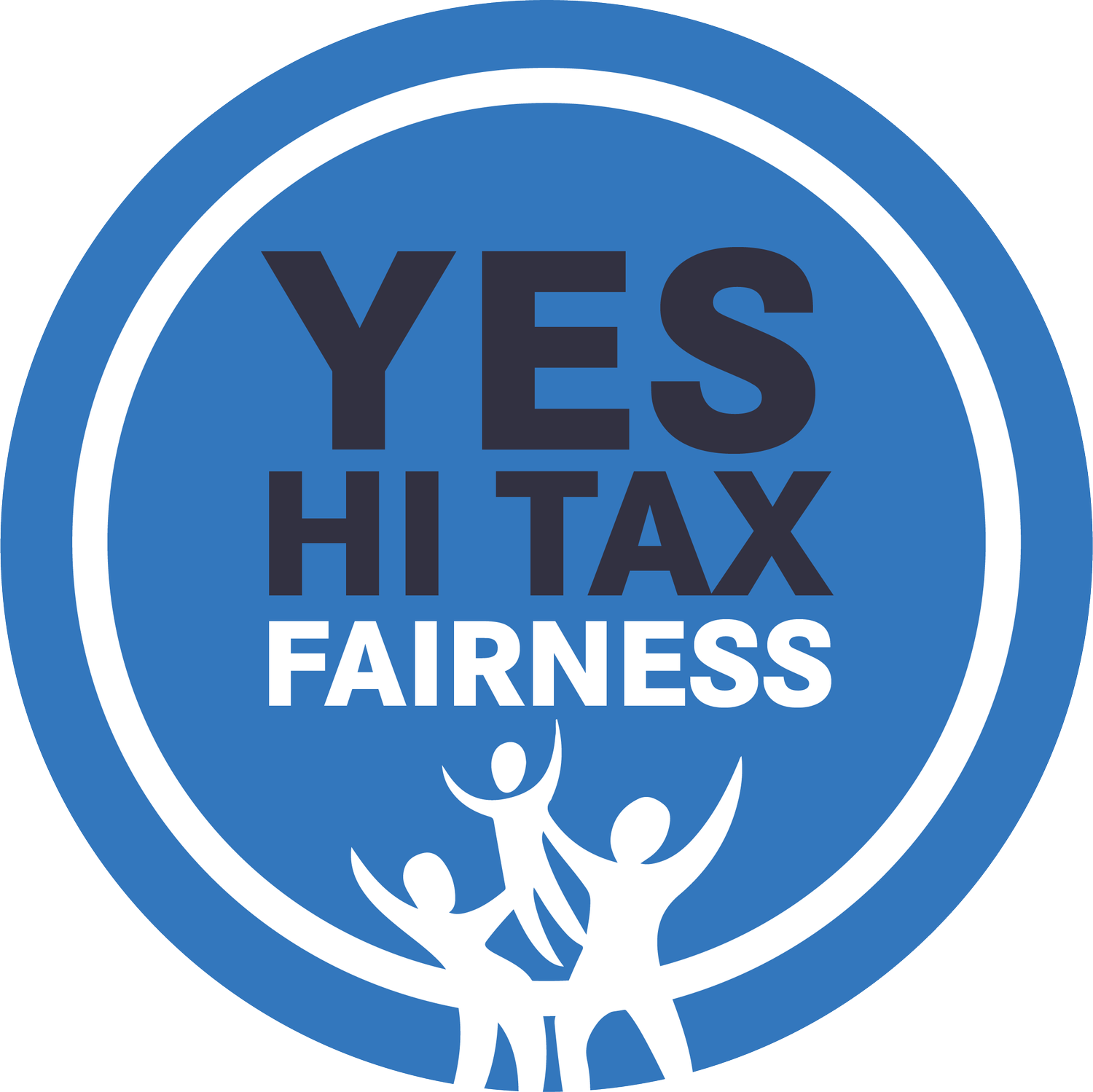Lawmakers should pass tax bills to fix our upside-down tax system
As we’re seeing on our packed beaches, Hawaiʻi’s tourism sector is coming back to life. But many of our neighbors—unemployed workers, local business owners, struggling families—are still far from recovering.
There’s a way to help them. Our lawmakers can pass bills that raise revenues from those who can afford to pay more. HB 133 shrinks a tax loophole that goes almost entirely to high-income taxpayers, including non-residents who profit from real estate investment properties in Hawaii. HB 58 raises the tax rate on sales of properties worth at least $4 million and inheritances of more than $3.5 million.
These bills ask those who are lucky enough to be doing well during this pandemic—the wealthy and profitable corporations (not the ones that are hurting)—to pay a little more to help the rest of us. If we are in a position to help others who are struggling, they’ll be in a position to help us when we need it.
The costs of a pandemic should not continue to fall on the backs of Hawaiʻi’s small businesses and vulnerable families.
These bills will not only help pay for sorely needed assistance for our struggling local families and businesses, but they will also help fix our upside-down tax system. Currently a Hawaiʻi worker earning minimum wage pays an average of 13 percent of their income in state and local taxes, while those at the top pay less than 9 percent. That’s simply not fair, especially when so many working families are hurting.
Here in Hawaiʻi, we value taking care of our community and helping each other when we can. Please join us and the other nearly 30 organizations that make up the Hawaiʻi Tax Fairness coalition in asking our lawmakers to pass these bills."

